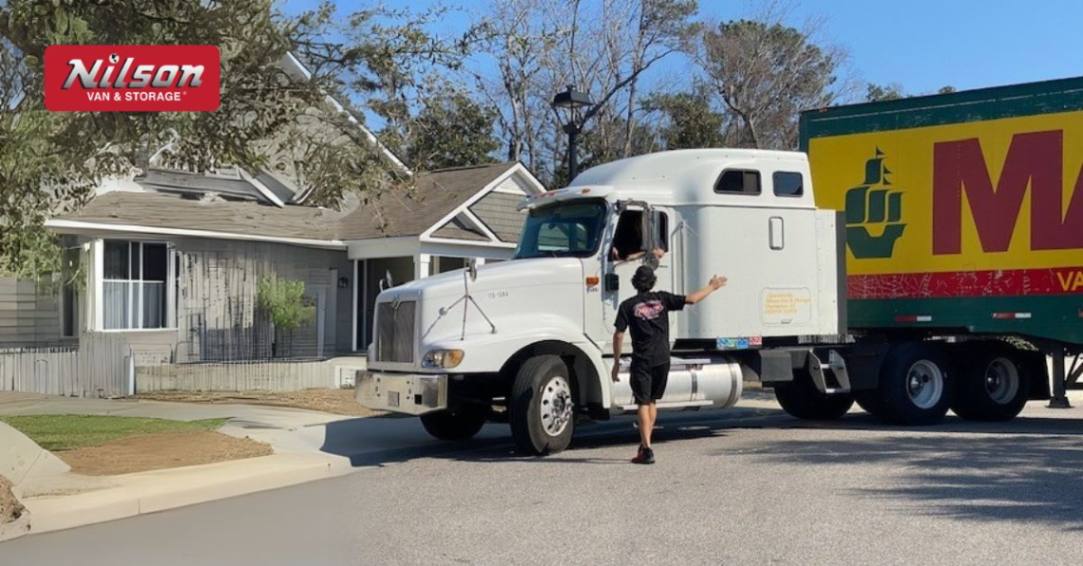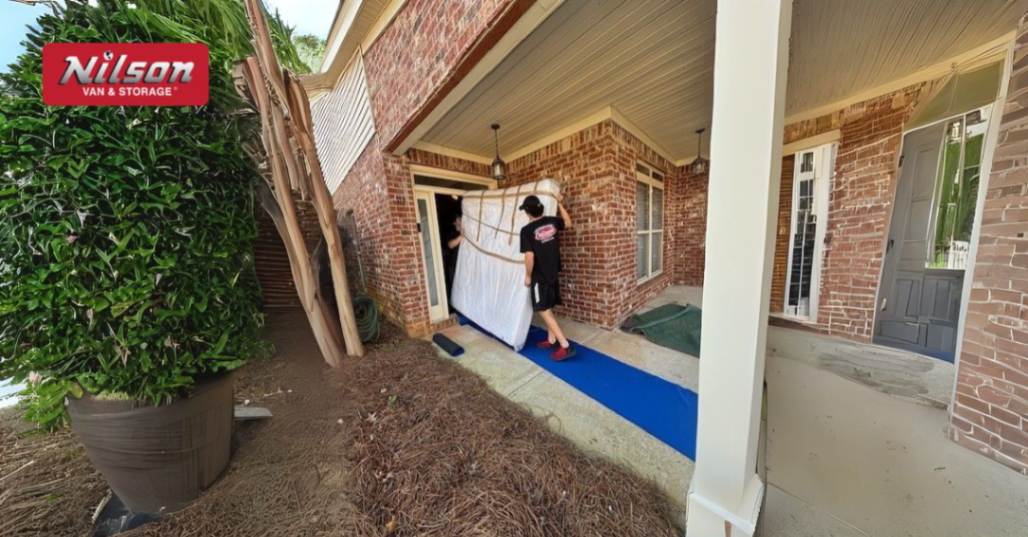
Should I Buy Moving Insurance?
Residential moves, like any other, pose risks to your belongings.
Residential moves typically aren’t covered by insurance, but by valuation, which is a predetermined amount shippers agree to pay toward any damaged, lost or stolen items while your possessions are in their care. You may also purchase Goods in Transit insurance through any regular insurance agency. Using your homeowner’s insurance policy to cover items damaged during a move usually isn’t recommended, as the claim will be counted against your insurability and these policies typically cover only 10 percent of your damaged goods.
Here are three common types of valuation coverage provided by moving companies:
- Lump sum value coverage is often available in increments of $1000. When lump sum, or “assessed value” coverage, is an option, it’s usually an add-on and not included with typical valuation plans. This is useful for households with especially valuable property.
- Full-value protection normally comes with deductibles and a plan minimum. These plans cover replacement costs for all of your valuables. However, fees can apply so make sure you’ve secured enough coverage to pay for administration costs and replacing your items.
- Declared value is the most common type of valuation available through a moving company. It assesses the value of your goods based on per pound of weight, and traditionally it doesn’t offer much coverage. If your claims go over this amount, they will likely be denied, so make sure you read the fine print before you file.
Click this link or call 803.786.1090 to ask our friendly moving experts at Nilson Van about the valuation coverage available for residential moves. We are here to answer your questions and provide the service you need to make your move a success.

Our Recent Articles
Stay informed and inspired with the latest tips, insights, and updates from the Nilson Van and Storage blog. From expert packing advice and moving checklists to stories about our commitment to the community, our articles are here to make your relocation journey smoother and stress-free. Explore our recent posts to discover how we’re redefining the moving experience for Columbia, Myrtle Beach, Charleston, Sumter, Savannah, and beyond.

Top Benefits of Hiring Movers in Savannah for Your Relocation to Charlotte, NC

Top 10 Tips for Choosing Corporate Relocation Movers in Charleston

